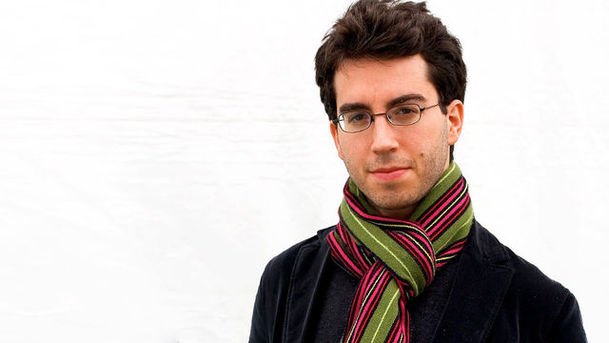Capturing America: Mark Lawson's History of Modern American Literature - Small Wars

Mark Lawson tells the story of how American writing became the literary superpower of the 20th century, telling the nation's stories of money, power, sex, religion and war. As America enjoyed the peace and wealth resulting from victory in a Second World War which had affected its homeland security directly only at Pearl Harbour, the Pentagon and the State Department constructed a new foreign policy: major international conflicts would in future be avoided by 'small' or 'proxy' wars or 'police actions', aimed at neutralising ideological threats abroad. Vietnam combatants David Rabe and Tobias Wolff dramatised their experiences on stage and in fiction, while EL Doctorow used historical parallels to reflect on recent campaigns in Iraq and Afghanistan. Former CIA man Charles McCarry used his time in deep cover as material for a series of espionage masterpieces, and Jay McInerney - who had chronicled the wealthy recklessness of boom-time 1980s New York in books including Bright Lights, Big City - now turned to the very different mood of the city after 9/11. Authors including Norman Mailer, Jay McInerney, Jonathan Safran Foer and EL Doctorow discuss the way American literature reflected these decades of theoretically small wars, and Mark Lawson reveals his candidate for the most unfairly neglected modern American writer.